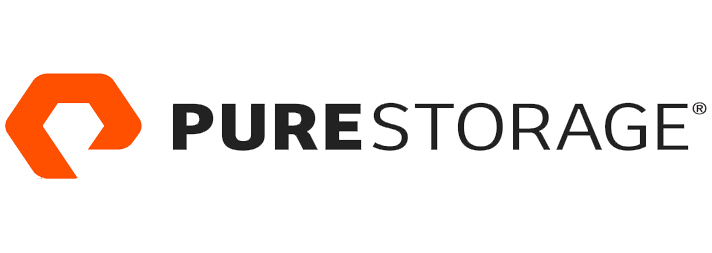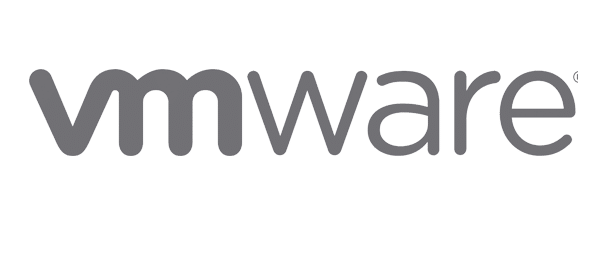When to use AWS IaaS and when to stay away
Amazon is the 1,100-pound gorilla in any conversation to do with cloud computing. However, this does not mean that Amazon Web Services (AWS) is the ideal cloud-based Infrastructure as a Service (IaaS) for every application that supports your business. Amazon certainly has many advantages because of its scale, cost-effective functionality and robust feature set, but there are certain disadvantages that you should be aware of and evaluate.
Let’s take a look at when you might use AWS IaaS, when to stay away, and when it’s best to use a smaller cloud provider.

The Advantages of AWS IaaS
- Ease of Use — AWS is incredibly easy to use. Even with no experience using infrastructure as a service in the cloud, you can pick up the basic functionality of Amazon’s platform in a few minutes. The focus is to allow non-technical users to easily initiate transactions in the digital space.
- Scalability — Amazon has the size to accommodate any level of business or communications that you want to achieve. Even as you scale, however, you pay only for the resources that you use at that time. Amazon’s scale also allows you to forgo long-term contracts to use its infrastructure. This is a huge cost savings for companies with seasonal inventories and individual users with variations in their needs.
- Security — The end-to-end nature of the AWS infrastructure allows for a very secure platform. AWS IaaS puts top security measures in place to protect their clients, because they don’t want to get “the wrong headlines.” They have the money to invest here.
- Flexibility — With Amazon, you have the ability to use the software, operating systems, databases and apps that you are already most comfortable with. Being able to put these things into a single infrastructure helps you create a central hub that is easily accessible, fully remote, and allows you to create templates for future businesses.
The Disadvantages of AWS IaaS
- Privacy — Once you put something into the AWS cloud, it is stuck there unless you have the money to scrub it. Yes, this is one of the biggest issues that Amazon has with its user base — the level of privacy they simply will not provide. This weakness can undermine every other advantage that you receive on the platform.
- Personalized Attention — If something goes wrong with your base infrastructure, it can affect every piece of architecture on top of it. In this case, Amazon can be incredibly difficult to get in touch with. They do not have the ability to fix individual issues, and any issues that you are experiencing within the base platform are probably much larger than you. The result? You may be stuck with a problem that you can’t solve, and no one to turn to.
- Cost — AWS can be cost effective for certain workloads, but traditional applications and workloads that need to be available 100% of the time may be extremely expensive. Also, pay close attention upfront to what happens if you need to bring your data back from the cloud; these use cases are not a good fit as costs to repatriate skyrocket. AWS works best when your applications are written to the AWS stack, which leads to our next disadvantage of AWS
- Vendor Lock-in — Although Amazon is flexible, it may not be a wise decision to outsource your full infrastructure. With certain software programs, applications and processes, you are locked into vendor standards that cannot be changed. Although this may work for basic infrastructure, it leads to many problems if the architecture must be built upon in the future.
- Resource allocation — Because of the scale of Amazon users, you may not be able to access support resources as quickly as you need them. Although Amazon is a highly scalable platform, they do not give any guarantees for the quality of support or the advice received. Smaller cloud providers can provide personalized attention and ensure smoother operations on a day-to-day basis. Also, you need to consider if your business will be first or last in an outage…i.e. are you a big fish to Amazon or a minnow?
- Your Environment – When it comes to cloud technology, it’s extremely important to have someone who understands your business needs and can map those needs to your technical environment. With AWS and the larger providers, even if you get someone on the phone, they will likely not know your environment or your business. This causes delays in fixing any issues you have and more often than not will lead to business consequences.
David vs. Goliath: When to go with AWS and when to make another choice
So when should you go with the big boy on the block, and when is a smaller cloud provider best?
First of all, you must determine what it is that you actually need.
The Amazon Web Services platform straddles the line between an IaaS and Platform as a Service (PaaS). To continue competing at its current level (50 percent growth year over year), it must provide services that move well beyond IaaS or PaaS. This means that any customer service issues that have not been ironed out will probably get worse over time.
Do you need these kinds of services at this level? If not, then you may be moving to a platform that literally does not have your best interests at heart. Although Amazon may be the most robust and widespread, does that matter if you do not receive the best service for the few features that you actually need?
Second, you must determine how much personal assistance you need.
If in-house staff is not expert in properly designing and negotiating a cloud-based platform, then you’ll benefit from a robust customer service experience that Amazon does not provide. You will get much better attention to your needs on a smaller platform that does not have as many customer issues to deal with. Because smaller platforms are not trying to be everything to everyone, they can focus more technical expertise on your problems as well. Some, like Comport, understand both cloud and traditional data center and have the experts to help make the right decisions across both for your business.
Next consider the nature of your data – if you have strict privacy and compliance requirements you must ensure that any provider is capable of delivering the goods. Otherwise, you may choose to keep that workload in-house, in a private cloud. Private clouds can be operated with the same cost structure as a public cloud and with the same features.
Finally, although it may not seem like it, you may also prefer a smaller platform if you have a growing business with the need to scale IT. Why would you want a smaller platform than Amazon if your business is getting bigger?
Well, you are probably not so big that you absolutely require the biggest infrastructure as a service in the world. Your scale is not Amazon’s scale. The hiccups that usually occur with a growing business may be better administered to by a team that is more focused on your success rather than having to deal with stockholders and the pressures of market leadership.
All in all, you do not necessarily lose functionality if you locate your IaaS with a more hands-on provider than Amazon. As a matter of fact, you may end up meeting some key requirements that will make your transition successful. By considering these points when you are choosing the infrastructure to host your cloud initiatives you will make informed decisions, and avoid the distress that some early adopters of AWS have encountered.




























